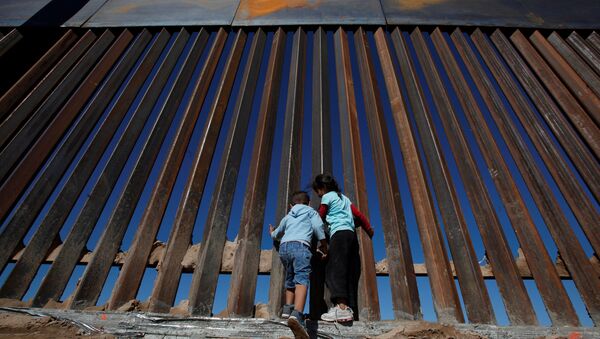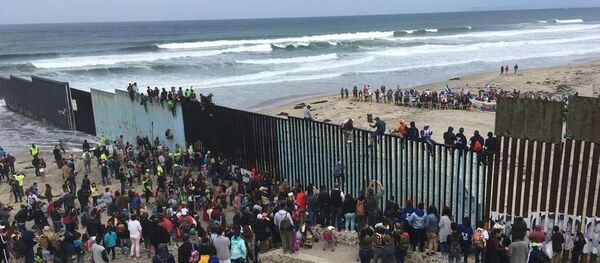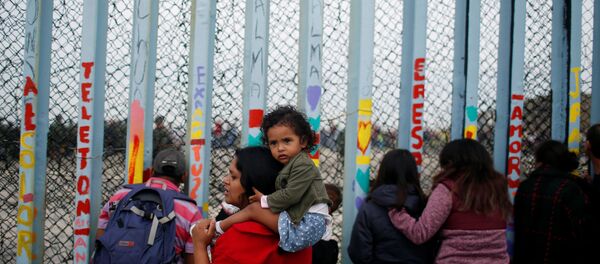"[US President Donald Trump] acts as if the border is just a blank slate, like an empty parking lot," Garcia told Radio Sputnik's Loud & Clear on Thursday. "There is no crisis on the border… there is none."
"The lowest migration and yet the highest number of border patrol agents, customs agents, ATF, ICE… everybody running around the border, and we are like in a militarized zone," she added.
Trump on Thursday threatened to declare a national emergency in order to circumvent US Congress, should he not be able to reach a deal with Democrats that would provide the requested $5.6 billion for his border wall.
"I have the absolute right to declare a national emergency… I'm not prepared to do that yet, but if I have to, I will," he told reporters before departing for Texas. "If this doesn't work out, probably I will do it. I would almost say definitely."
News reports on Thursday also suggested that the White House has begun preparing the legal framework for the emergency declaration, and that unused funds in the Army Corps of Engineers budget may be funnelled to Trump's vision of a border wall.
For Garcia, who lives some 50 miles from the US-Mexico border, Trump is only considering declaring a national emergency because he simply isn't getting what he wants from US lawmakers. "You can go to Laredo, McAllen and you can go to Del Rio, and people are living their lives," she told hosts Brian Becker and John Kiriakou.
"There is no national emergency; we have the lowest crime rates all along the southern border. The facts show clearly that the people who more commit crimes are US citizens."
Various studies, including one published in March 2018 in the peer-reviewed Criminology journal, have long shut down the claim that an influx of undocumented immigrants in the US leads to an increase in violent crimes.
Rather than focusing on the border wall, politicians should turn their attention to the root cause of the matter at hand, Garcia told Becker, stressing that officials are "not approaching about how we can stabilize migration."
"How about talking about… why we are seeing so many Hondureños? What we've done in El Salvador, not to say Guatemala. We need to understand that the crisis is humanitarian," she said.



